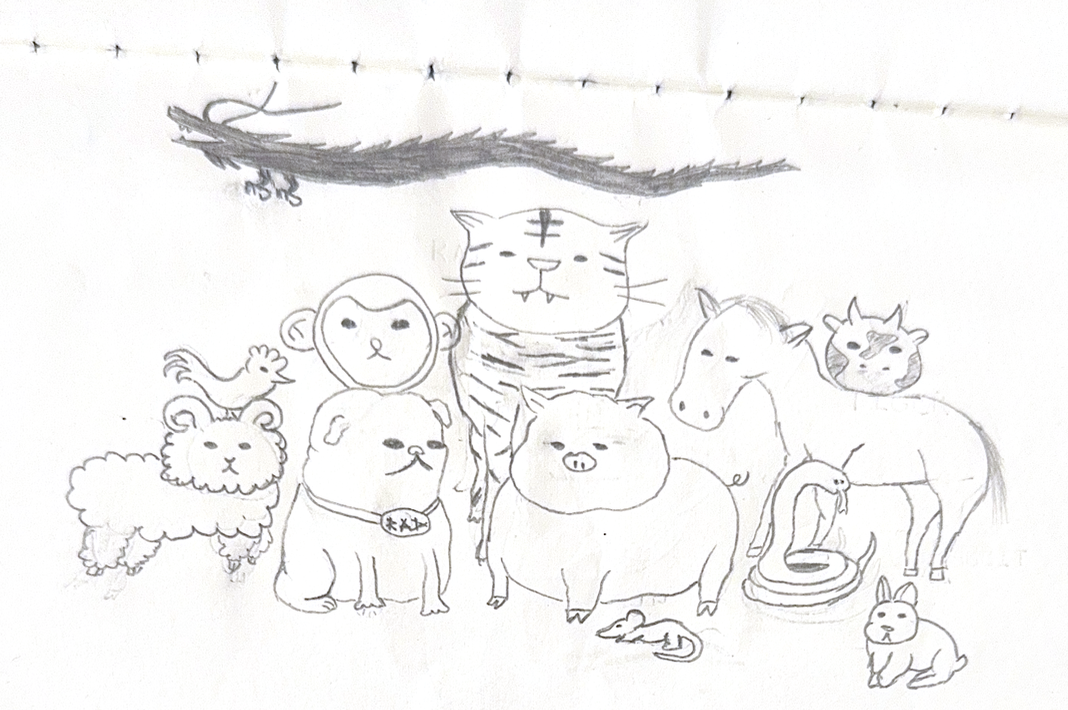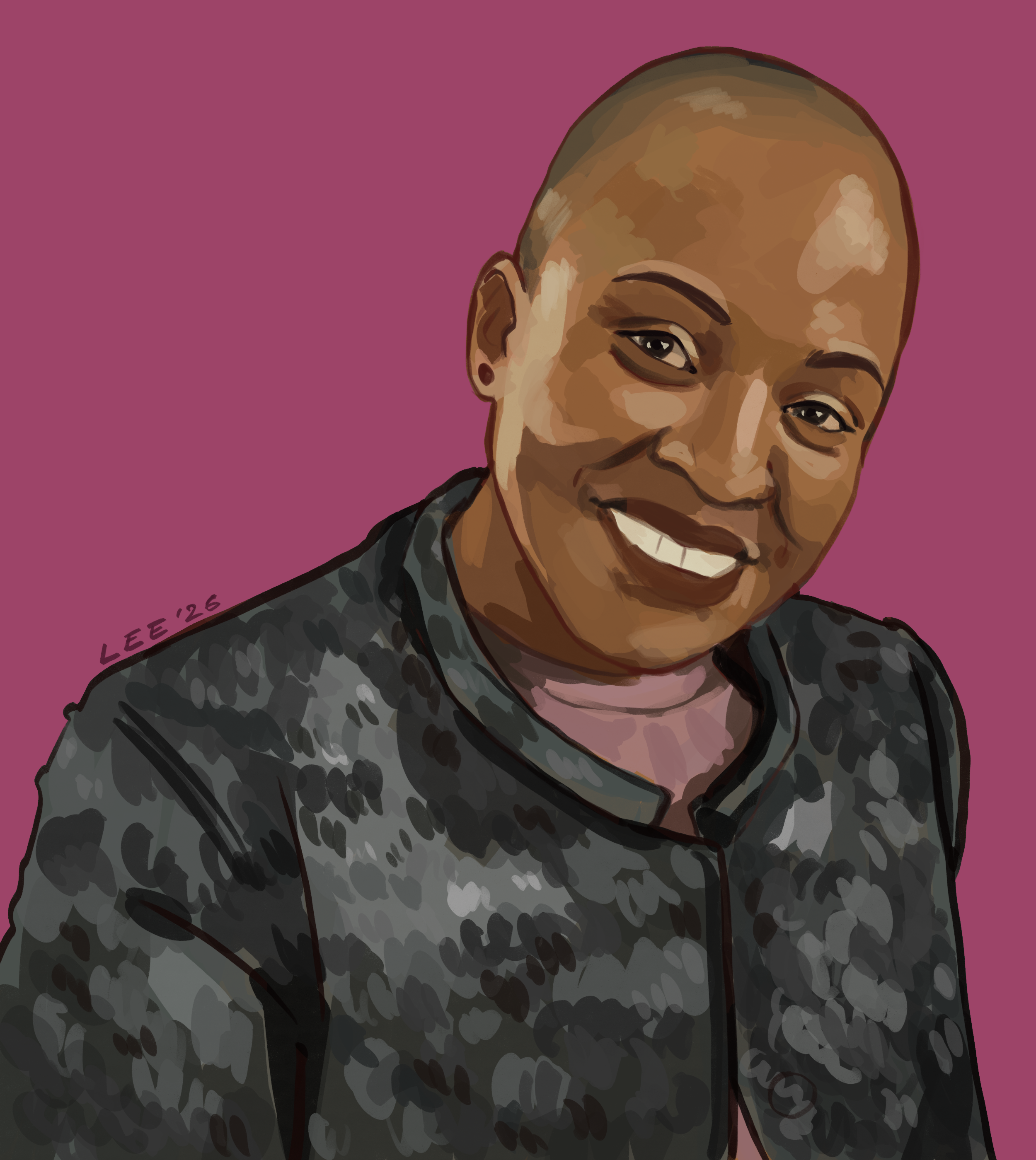The 2025 Oscars season features the struggles of parenthood throughout many of its award-nominated films. One Battle After Another, the frontrunner for Best Picture, follows aging stoner revolutionary Bob (Leonardo DiCaprio) as he races to save his daughter from his nemesis. And yet, the lead performances that stuck with me most were the intimate ones by Rose Byrne and Jennifer Lawrence as mothers at their breaking point.
Mary Bronstein’s film If I Had Legs, I’d Kick You follows Linda (Byrne), a therapist left to care for her chronically ill daughter as her life collapses around her. The film balances comedic moments—look out for a key scene involving a hamster—and a highly stressful pace as her days worsen. From the opening scene, a close-up of Linda’s face, the film keeps the audience physically close to her. Told solely from her point of view, with her daughter pointedly kept out of frame except for her voice, Linda’s exhaustion and frustration are unmistakable. Byrne does not play a ‘good’ mother, but rather one who consistently makes poor parenting decisions. But this is precisely what makes her performance so daring; she treads the line between unredeemable and empathetic, playing a woman society often shames.
Jennifer Lawrence delivers one of the best performances of her career in Die My Love. Adapted from Argentine writer Ariana Harwicz’s novel, the film follows Grace (Lawrence), a new mother who moves to rural Montana with her partner, played by Robert Pattinson. Fans expecting Katniss Everdeen x Edward Cullen fanfiction will be bewildered by the peculiarity of Lynne Ramsey’s latest film. Lawrence fearlessly embraces the rawness many women experience after childbirth, navigating her relationships and place in society whilst postpartum. From crawling through the grass on the prowl to ripping up wallpaper with her bare nails, it is impossible to look away. Lawrence’s chemistry with Pattinson is undeniable, even as their relationship goes up in flames.
This lineage of complex depictions of motherhood on film traces back to Gena Rowlands’ formidable performance in A Woman Under the Influence, released in 1974. Directed by her husband, John Cassavetes, Rowlands played a free-spirited housewife, unable to deal with society’s standards, which leads her towards a mental breakdown. The tension between her and her husband, as well as his desperation to rein her in, parallels Pattinson and Lawrence’s relationship. In both films, the wives are admitted into hospitals, showing society’s historical tendency to pathologize ‘insane’ mothers.
Releasing later in November, Hamnet stars the current frontrunner for Best Actress, Jessie Buckley, who plays the wife of a fictionalized William Shakespeare. The film reimagines the creation of his masterpiece, Hamlet, as a response to the loss of their young son Hamnet. In another standout performance, Amanda Seyfried is drawing awards buzz for her work playing the creator of the Shaker movement, also a mother, in The Testament of Ann Lee.
It is intriguing that a burst of acclaimed female-led and directed films depicting the very real struggles of motherhood emerges alongside the rise of conservatism. In online spaces, the infamous tradwives broadcast their marriages and children through the lens of traditional gender roles. Many of these women have large families but hide the real difficulties that come with motherhood to avoid controversy and successfully promote their fantasy of the nuclear family to sell products.
While tradwife culture tries to flatten the difficulties of motherhood into a marketable brand, films like Die My Love and If I Had Legs, I’d Kick You insist on showing its realities. They restore mothers’ agency to break free from reductionist stereotypes, such as the ‘good,’ ‘bad,’ or ‘mad mothers.’ Despite being a heavily mediated medium, cinema remains one of the most effective tools to represent the human experience.









